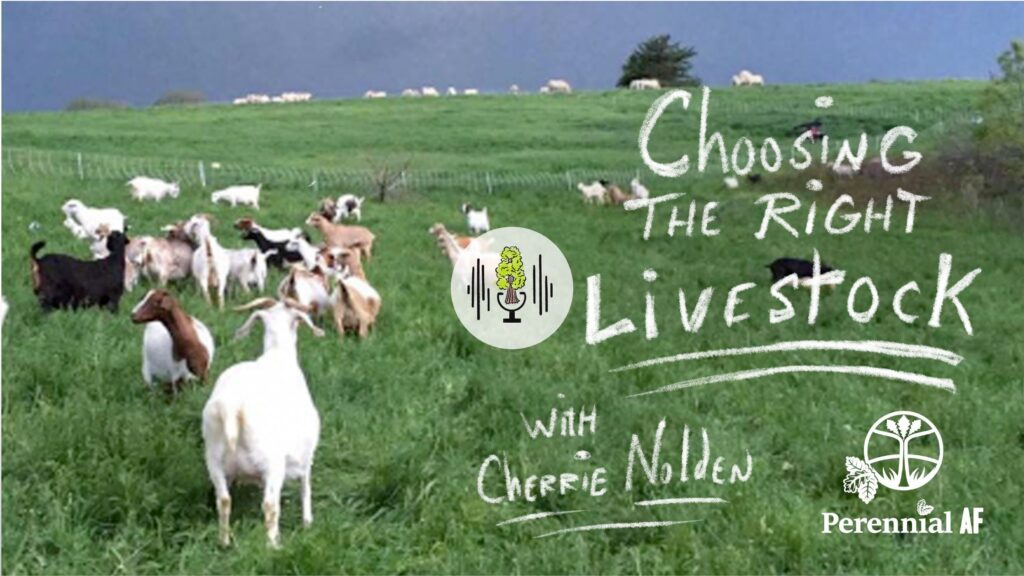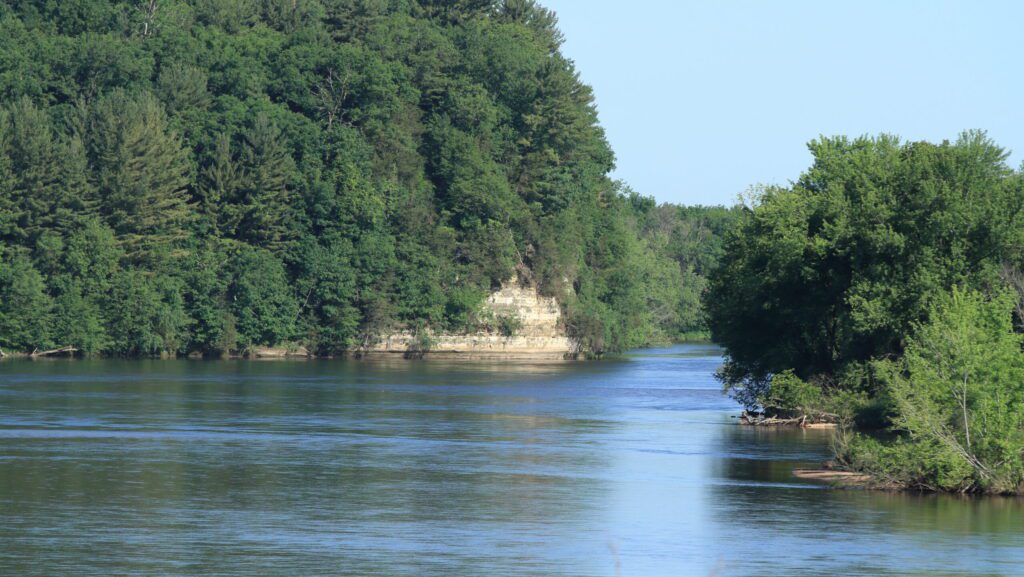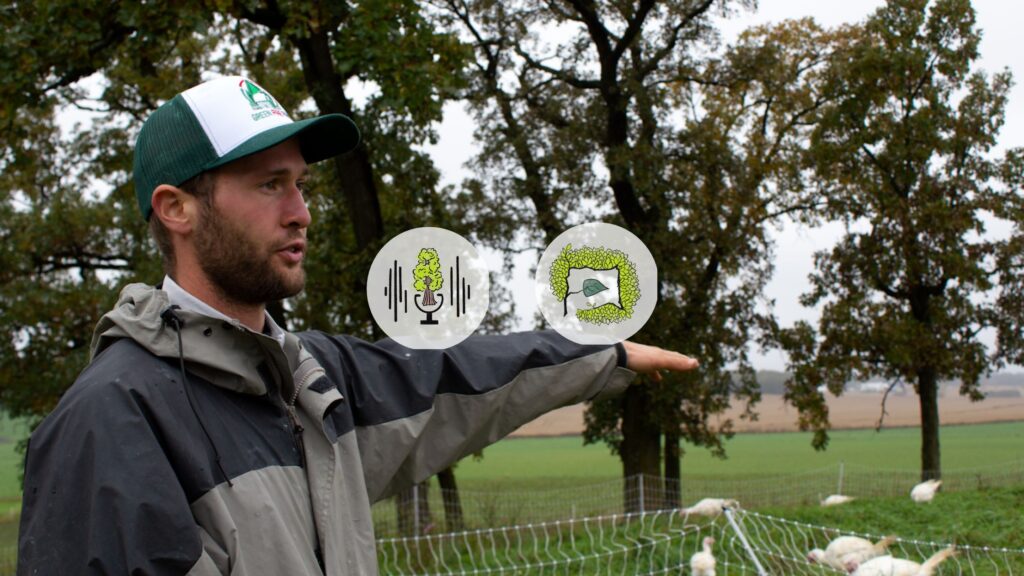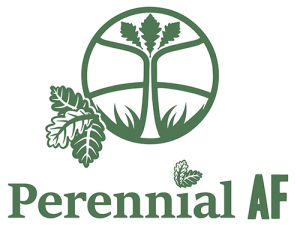
Our podcast about perennial agroforestry (AF) features interviews, questions from listeners, storytelling, and more. Hear real AF conversations with agroforesters and perennial farmers.
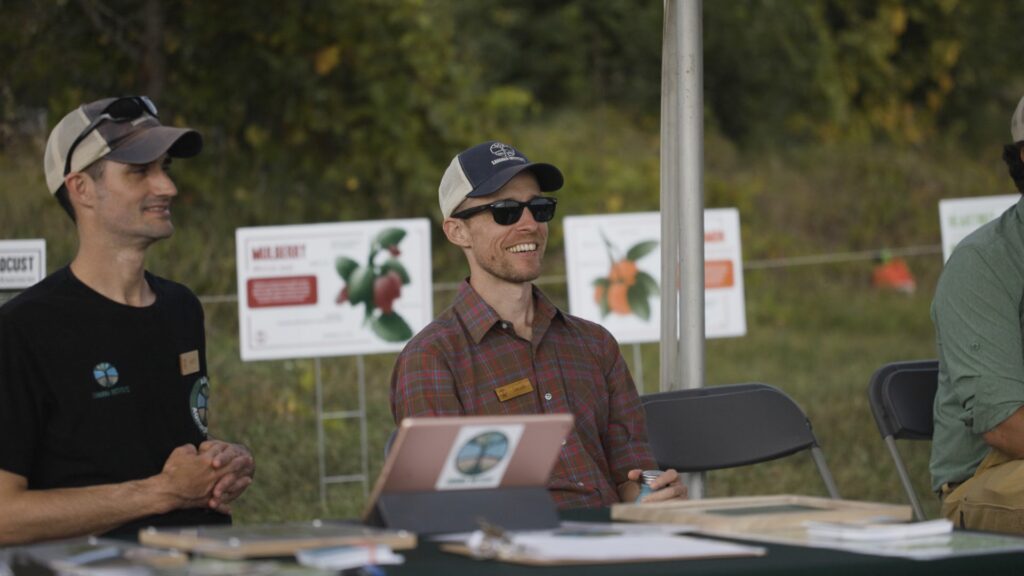
Browse the Stories
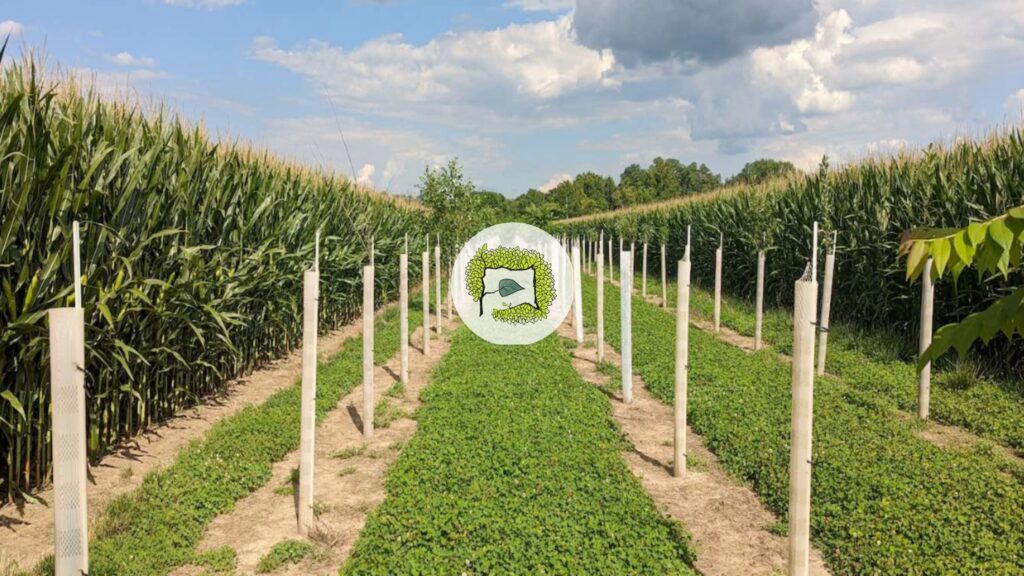
Future of Agriculture Podcast: Agroforestry on Commercial Midwest Farms with Kevin Wolz of Canopy FM
Read More
Meet the Host
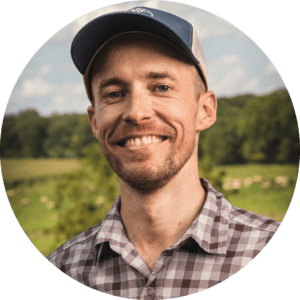
Do you have a question?
Ask an Agroforester
Our partners at Canopy Farm Management, based in Illinois and Wisconsin, have perennial plant material available through its bare-root nursery. When you purchase through Canopy, a portion of the sales help to support Savanna Institute’s nonprofit mission. For more nurseries in your area, check out this National Nursery and Seed Directory.
The plants you choose will depend on the natural resources on your land and your farm goals. Timber trees require low investment and minimal ongoing maintenance over a longer period of time ranging 20 to 50 years depending on species. Fruit and nut trees require higher initial investment and establishment maintenance, but can provide annual returns once established (approximately 5 to 10 years depending on species). Additional shrubs and crops can be planted within the tree rows between tree species. Learn more about perennial crops.
The Savanna Institute runs demonstration farms in Central Illinois and Southern Wisconsin. We also have partners in Michigan and Minnesota who share their farms for educational events. Our demonstration at Silverwood Park in Wisconsin is open to the public, and the rest are open during events and by appointment only. Learn more about our demonstration farms.
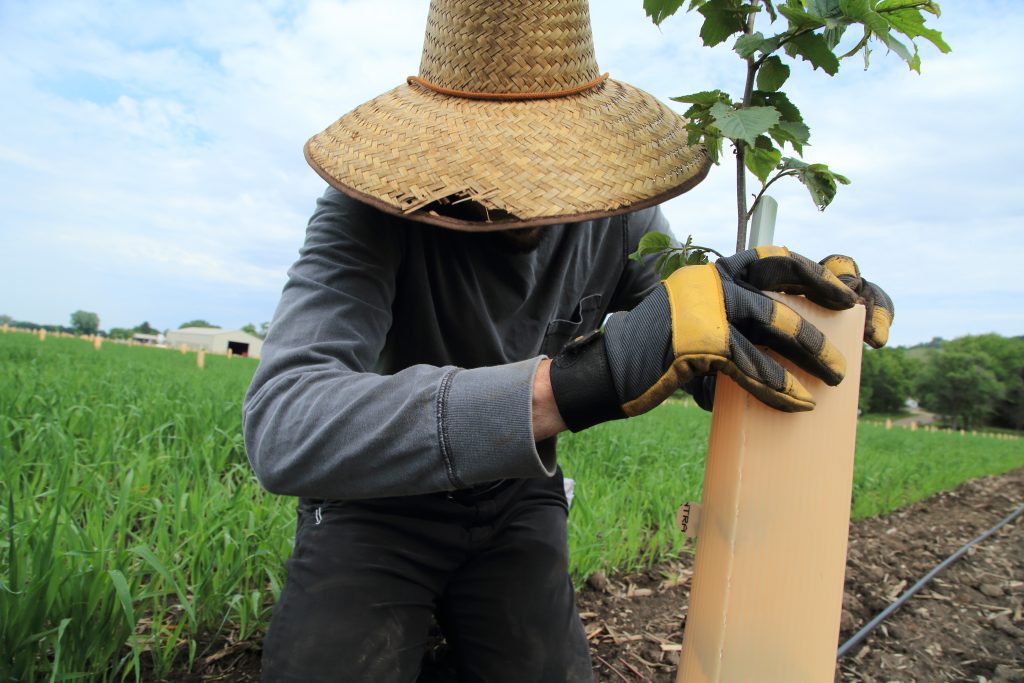

Online Courses
Our online agroforestry courses focus on key tree crops and practices, marketing, land access and finances, agroecology, and climate change.

